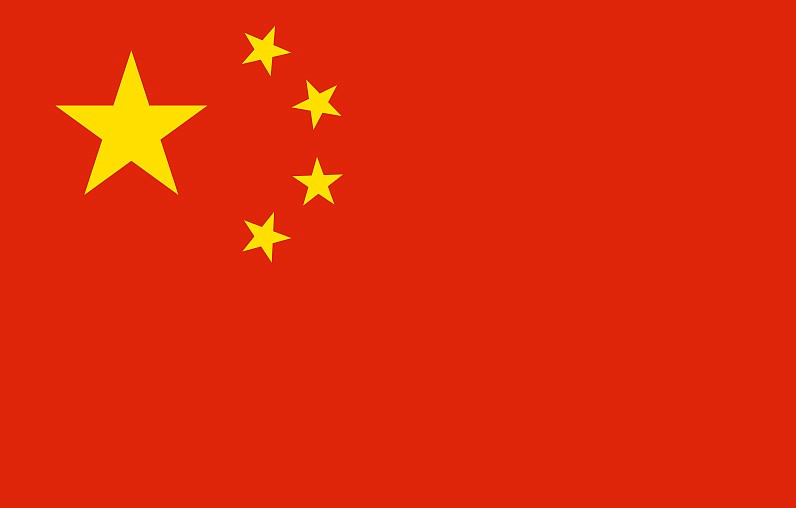- November 23, 2024
-
-
Loading

Loading

The following are excerpts from “How to meet the strategic challenge Posed by China,” by David P. Goldman in the March edition of Imprimis.
One of the most dangerous misconceptions Americans have about the Chinese is that they can’t innovate. … But there are 1.38 billion Chinese, and their research and development spending is quickly catching up with ours.
They’re producing four times as many science, technology, engineering and mathematics (STEM) bachelor’s degrees and twice as many STEM Ph.D.s as the United States. Granted, some of them are of low quality — but many are excellent.
The single most troublesome deficiency we have in the United States is not the industrial base, which is relatively easy to deal with. It is the lack of scientific and engineering education. Six or 7% of U.S. college students major in engineering. In China that number is 30%-40%. That’s our biggest problem. Second to that is the fact there is a massive distortion of the global economic system caused by Chinese industrial policy.
The Chinese play very dirty. One of the issues raised in the Trump administration’s recent National Security Strategy is forced technology transfer. That is, if Intel wants to get access to the Chinese market — the biggest chip market in the world — China requires Intel to divulge everything it knows.
From the standpoint of Intel stock price over the next five to 10 years, that’s a pretty good deal. But it is bad from the standpoint of America’s national interest. If the U.S. government prohibits the transfer of technology to China, the Intels and the Texas Instruments of the world will scream, because it will hurt their stock prices. I’m a free trader, but national security sometimes supersedes the free market. This would be such a case.
Virtually all of American investment in R&D today goes to software. This means that we’ve conceded to Asia, and especially to China, the actual manufacturing, to the point that — this bears repeating — we can’t put a warplane in the air without Chinese chips.